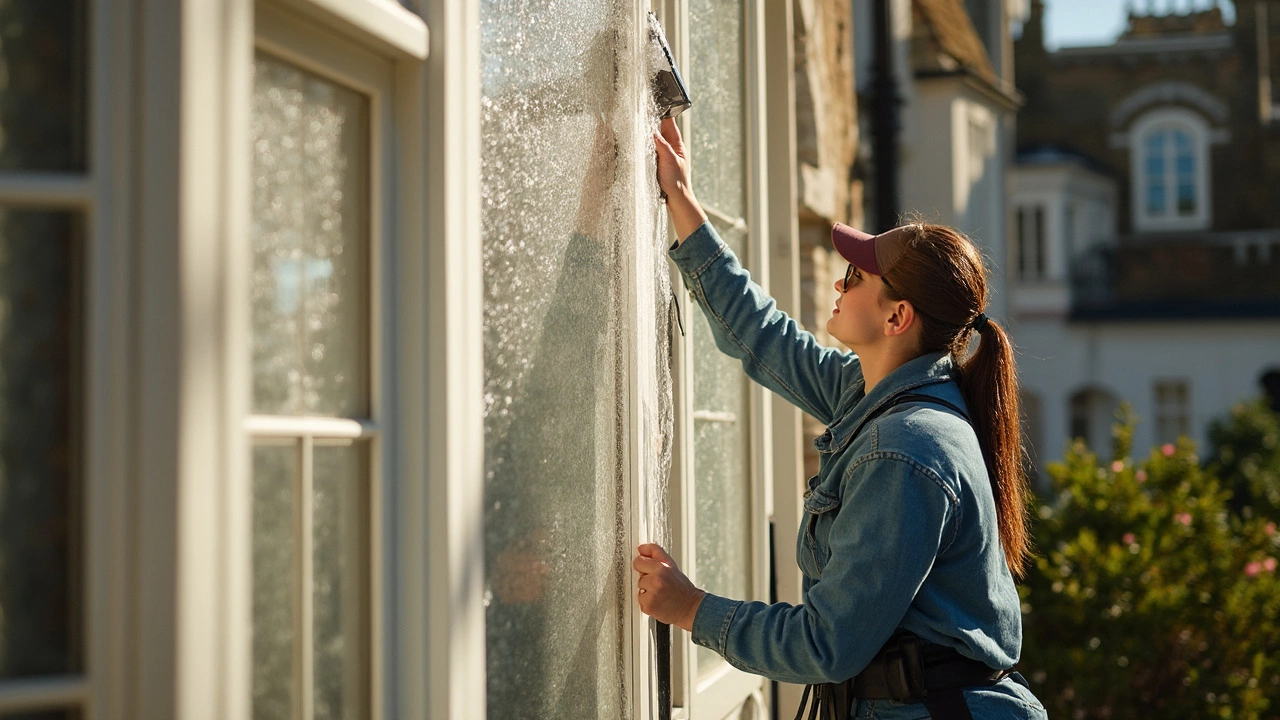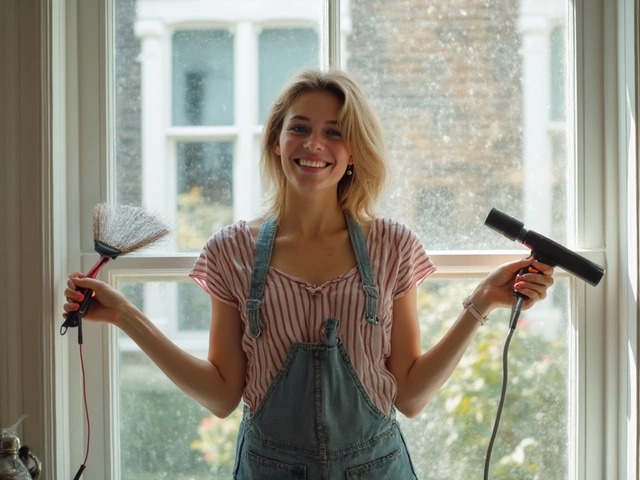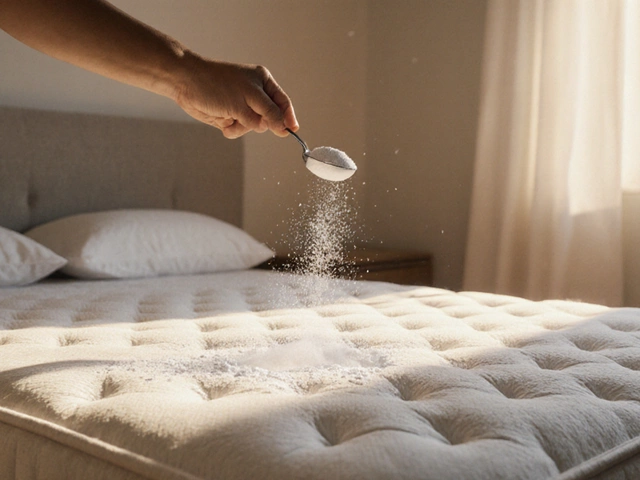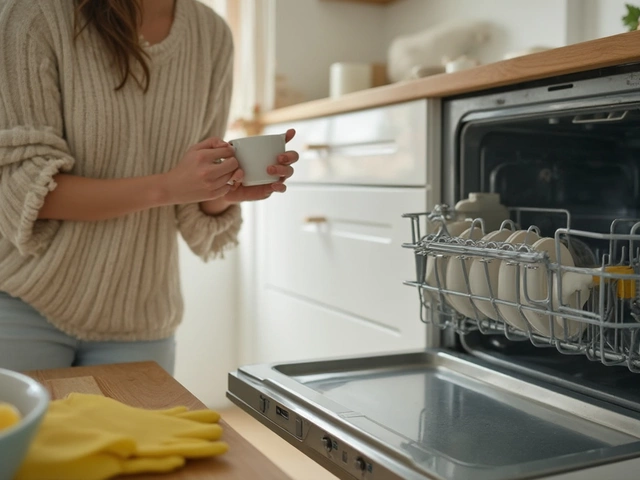Professional Tips for a Cleaner Home
When you’re hunting for Professional Tips, useful advice that makes everyday chores easier. Also known as expert cleaning hacks, they let you get results fast without endless trial‑and‑error. In this guide we’ll also touch on DIY oven cleaning, simple recipes that melt grease with pantry staples, window cleaning techniques, methods for streak‑free glass and pressure washing tips, strategies to blast away exterior grime safely. These three areas together cover most of the cleaning challenges homeowners face on the Isle of Wight and beyond.
First off, professional tips are more than a list of do‑its‑yourself tricks; they’re a framework that links the right tools, safe chemicals and timing. For example, a good DIY oven cleaner relies on the chemical reaction between baking soda and vinegar to loosen baked‑on grease. That same chemistry helps you tackle limescale on windows, showing how DIY cleaning influences kitchen hygiene and clear glass alike. Meanwhile, pressure washing requires the correct nozzle size and water pressure, underscoring that effective exterior cleaning needs the right equipment. By understanding these connections, you can move from random cleaning attempts to a systematic approach that saves time and money.
From Kitchen to Curb: What You’ll Learn
Our collection below pulls together articles that dive deep into each sub‑topic. The oven‑cleaning piece walks you through a step‑by‑step recipe that mixes baking soda, lemon and a touch of Dawn dish soap—ingredients you probably already have. It also flags safety tips, like ventilating the kitchen and avoiding metal scouring pads that could scratch enamel. The window‑cleaning guide explains why a squeegee at a 45‑degree angle beats a cloth, and how a vinegar‑water mix fights hard‑water stains without leaving residue. When it comes to pressure washing, you’ll find a breakdown of cost‑per‑square‑foot calculations, guidance on measuring surface area, and advice on when a low‑pressure rinse is smarter than a high‑pressure blast.
All three guides share a common thread: they each start with a clear assessment of the problem, recommend the most efficient tool, and finish with a maintenance tip to keep the result lasting longer. That structure reflects a core principle of professional tips—identify, apply, maintain. Whether you’re scrubbing a decade‑old oven, clearing cloudy windows, or prepping a driveway for summer, the same logic applies. This makes it easy to transfer knowledge from one area to another, so you’ll find yourself solving new cleaning puzzles faster.
Another benefit of following professional tips is safety awareness. The window‑cleaning article points out why many pros now ditch ladders, opting for water‑fed poles that keep you on the ground. The pressure‑washing guide warns about water damage to nearby plants and electrical outlets, recommending a quick “dry‑run” before you hit full pressure. The oven‑cleaning post reminds you to wear gloves and keep the area well‑ventilated. By weaving safety into each tip, the collection ensures you get sparkling results without accidents.
What ties the whole set together is a focus on eco‑friendly choices. The DIY oven cleaner relies on non‑toxic ingredients, the window guide suggests using distilled white vinegar instead of commercial chemicals, and the pressure‑washing article highlights low‑pressure options that reduce water waste. This aligns with a growing demand for green cleaning on the Isle of Wight, where many households prefer methods that protect both health and the environment.
Finally, the posts address cost‑effectiveness. The oven cleaner uses pantry staples that cost pennies, the window tip uses a cheap squeegee and a bottle of vinegar, and the pressure‑washing guide breaks down equipment rental versus purchase, helping you decide what fits your budget. By giving clear numbers, the professional tips let you plan projects without surprise expenses.
Now that you’ve got an overview of how these tips interlink—covering tools, safety, eco‑friendly options and cost—you’re ready to dive into the detailed guides below. Each article delivers step‑by‑step instructions, real‑world examples and quick‑reference checklists, so you can start cleaning smarter right away.





